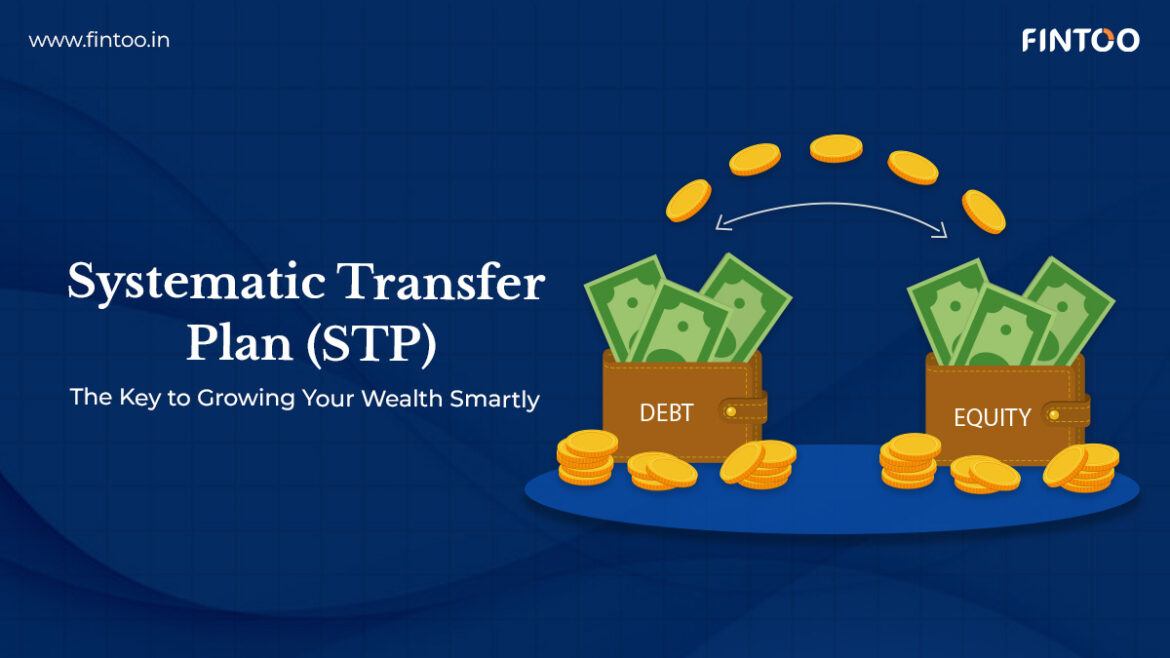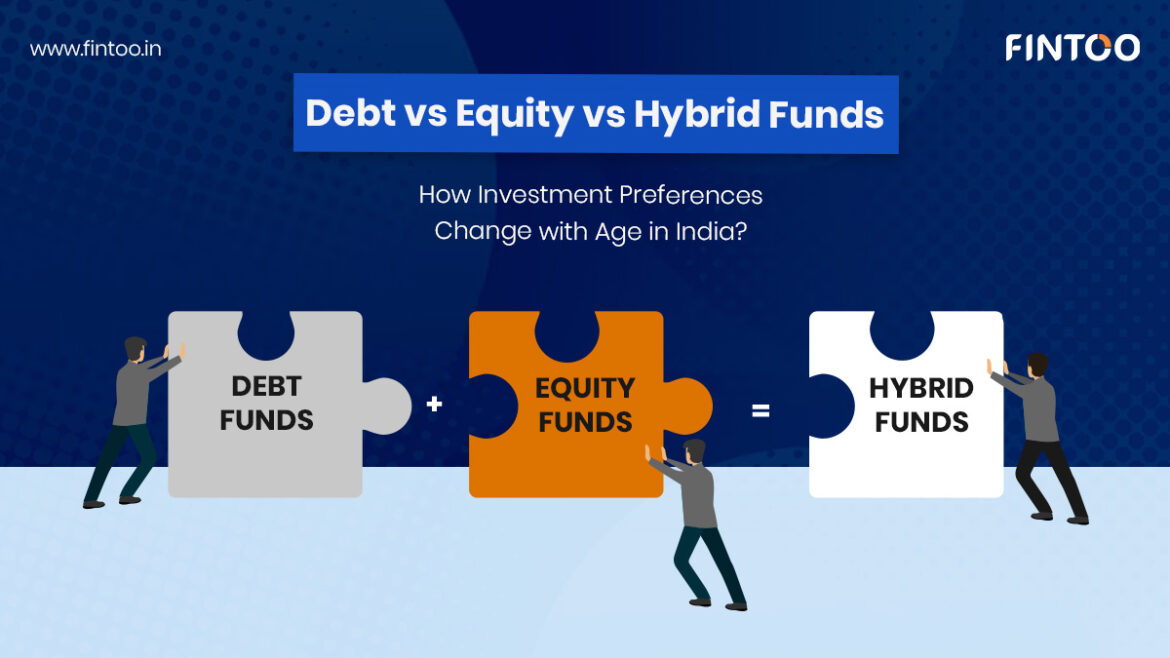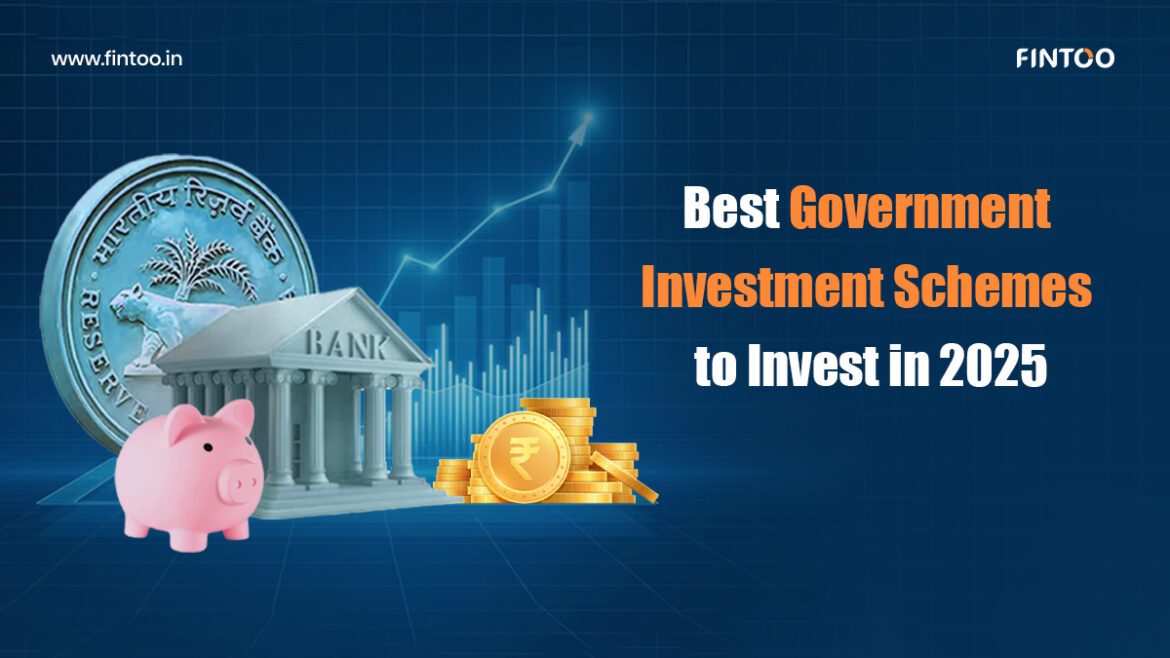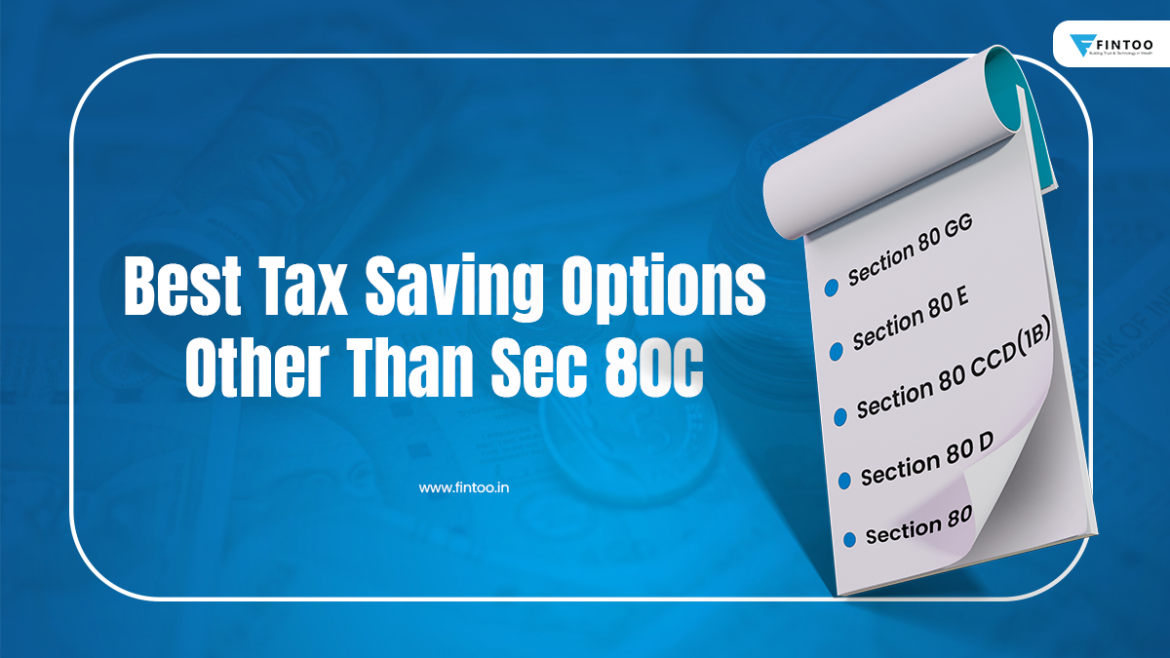

India–US Trade Talks: Impact on Economic Growth and Economic Development


How to Safeguard Your Digital Wealth


Systematic Transfer Plan (STP): The Key to Growing Your Wealth Smartly


Indian Stock Market in 2025: A Global Rollercoaster


Debt vs Equity vs Hybrid Funds: How Investment Preferences Change with Age in India


Refiring, Not Retiring: A Purposeful Approach to Retirement for Indian Investors


Gold’s Glorious Run in 2025: What Indian Investors Must Know


Best Government Investment Schemes to Invest in 2025


ETFs: All You Need To Know About Exchange Traded Funds


